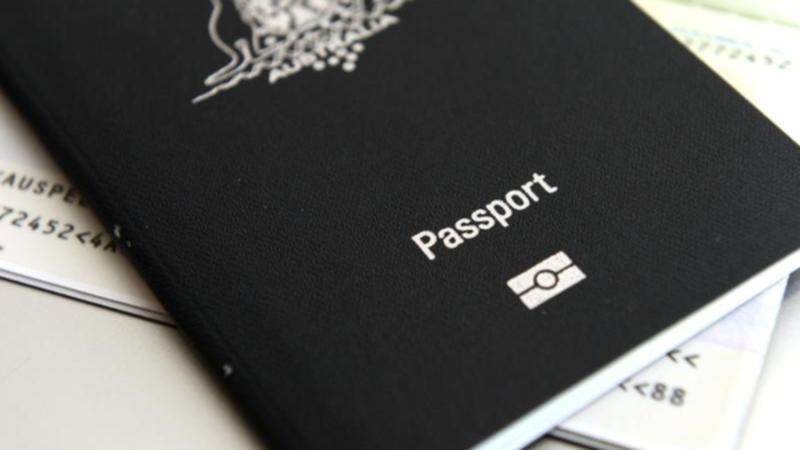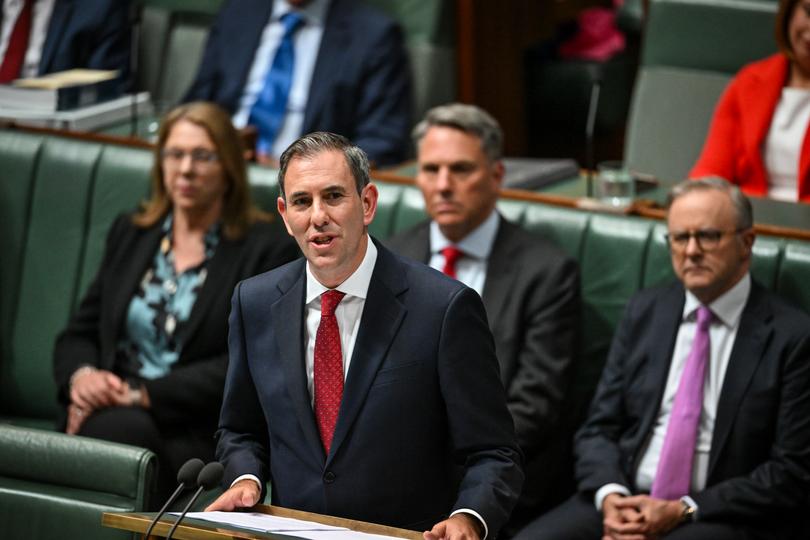Australian passport applications to be fast-tracked under new changes
One of the lesser trumpeted features of the Federal Budget was a major change to the way passports are processed in Australia, which is expected to net the Government more than $27 million.

Australians wanting a quick turnaround on a new passport will soon be able to get their travel documents faster — for a fee.
The fast-track process, which will become available from July 1, will give applicants their passports within five business days, for an additional fee of $100.
Currently, passport applications can take weeks, with only eligible applicants able to apply for a priority process.
Sign up to The Nightly's newsletters.
Get the first look at the digital newspaper, curated daily stories and breaking headlines delivered to your inbox.
By continuing you agree to our Terms and Privacy Policy.The measure, announced in Tuesday’s Federal Budget, will net the Government an additional $27.4 million over the next five years.
The Budget, unveiled on Tuesday, $7.8 billion more right now to help out with power bills, the cost of medicines and rent and an eye to establishing Australia as a clean energy powerhouse.
The Budget also contains cost-of-living relief including tax cuts, power bill rebates and a freeze on medicine prices, along with a large package aimed at kickstarting clean energy industries such as critical minerals processing and green hydrogen.
But the Treasurer also handed down a set of books with $122.1 billion in deficits over the next four years, sluggish economic growth and ambitious inflation projections.
There are also billions of dollars for housing and health and a push to get thousands of more people into university or vocational education.
The Budget is not tipped to return to balance until 2034-35 despite Dr Chalmers’ insistence the Government had shown a willingness “to chip away at this problem over time”.

But it wasn’t all big-ticket announcements.
Some, like a cut to the sweet potato tax and funding for clearer labelling of vegan protein products, slipped through with very little fanfare.
As did the government’s announcement it would slash its spending on consultants engaged by the public service, estimating savings of $1 billion over the next four years from 2024, on top of $4 billion saved from 2022.
The Budget also flagged changinglawsto allow the ATO to stop chasing down historical tax debts, while allocating $2.2 million to the public service for AI projects and to enhance the quality of data that informs policy analysis.
The government also looked beyond Australia’s borders, spending $20.7 million over the next five years from 2023 on “a new agenda for bilateral cooperation” — read: a play at repairing the severed diplomatic friendship — between Australia and France.
Also sliding under the radar was spending on road safety and upgrades, combating online scammers and fraudsters, and boosts to superannuation for government-funded parental leave, as well as women’s heath and safety initiatives.
